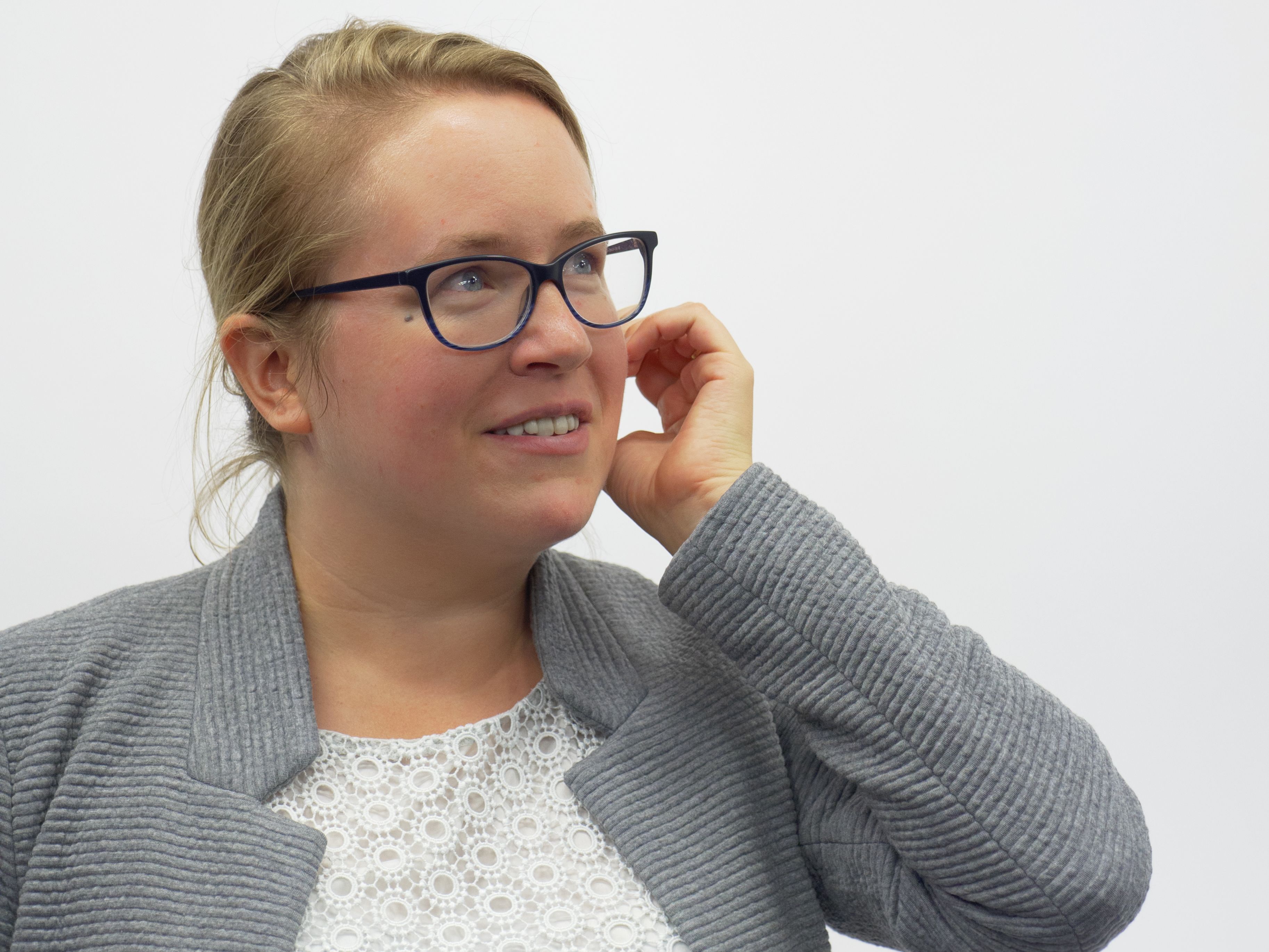Econ 050: Earthquakes and energy

What happens after natural gas extraction ends in the north? Professor Machiel Mulder explains who is making money from the industry and what the future holds for the region on a new episode of podcast Econ 050.
Since 2012, earthquakes and the natural gas industry in the region have been synonymous in the hearts and homes of thousands of provincial residents. In August of 2012, the Groningen town of Huizinge – population of 100 – was the epicentre of the biggest recorded earthquake in Dutch history: a 3.6 on the Richter scale. The earthquake was manmade, induced after decades of natural gas extraction from the largest onshore field in Europe, the Slochteren field in the province of Groningen.
This summer, Machiel Mulder, a professor of regulation of energy markets at the Faculty of Economics and Business and his colleagues published a policy paper, “Gas production and earthquakes in Groningen: reflection on economic and social consequences”. In a conversation with The Northern Times, professor Mulder describes his surprise at the government decision to shut down gas extraction in Groningen altogether by 2030, the costs involved in stopping, and just how interwoven the Dutch government itself is in the industry.
You can listen to the full episode online here.
On who is making money from the gas:
Machiel Mulder: The biggest beneficiary of the gas production is the Dutch state. About 95 percent of the revenue of the profits coming from Groningen production is taxed away and going to the Dutch state, which is huge, so we all depend on the revenues coming from gas production.
Traci White: And how is it spent? It's not necessarily just staying in Groningen, I guess?
Mulder: It’s going to The Hague, it’s part of the state revenues. It used to be about 10 percent of the total revenues for the Dutch government. Now it’s only about 2 percent or so. But it was really, really significant. And it was used by the Dutch government for Social Security, for health care, all kinds of purposes. Only in a period of a few years, maybe 10 years, it was used for infrastructure projects. But most of the time it was just used for ordinary, normal spending.
White: Do you feel that people understand the role of the Dutch state and how they are benefiting from this and the potential disincentive that that could give them?
Mulder: I believe most people underestimate the impact of the role of the Dutch state in the whole gas industry. Many people maybe focus on the majors like Shell and Exxon as the main major causes of the earthquakes responsible for all the problems, and they have an interest, but the major player is the Dutch state.
On his reaction to economic minister Eric Wiebes’ announcement that gas extraction would end in Groningen in 2030:
Mulder: I was really surprised when the Minister announced this decision. I wasn't the only one who was surprised, most people were surprised.
White: Why was it a surprise?
Mulder: Because the formal advice from the formal agency advising about what is the safe level of production, their advice was to use no more than 12 billion cubic meters per year. And while the current production was about 25, this was a 50 per cent reduction and 12 should be a sufficient level to prevent further earthquakes. So below 12 is fine, it’s safe. So why fully stop production? In 2030, according to the policy, the decision of the minister, we will not produce any gas anymore. But there will still be a lot of gas in resources, about 450 billion cubic metres.
White: So that's something that they could in theory come back and at some point in the future and still extract?
Mulder: Maybe, but for now, the decision is not to produce this gas from the resources, which has a value of about 90 billion euros and the state revenues would be 45 billion euros, which is a lot. So an alternative policy which I had expected myself was that the minister would say that we will reduce production to 12 billion cubic meters in 2030, maybe a bit earlier. But we will give more revenue to the region and more compensation to the inhabitants.
On why homes going off the gas grid may not actually mean they no longer rely on gas:
Mulder: [Starting in 2030] we will have to import. Stopping gas production in Groningen does not mean that we are consuming less or stopping altogether. Those are two different things, and it is really important to realise that. Stopping Groningen gas production does not mean that we are going to stop gas consumption. We will have to import more, and why? Because our gas consumption will remain high. Houses are still using a lot of gas. You can insulate houses, but there is still gas consumption for heating. You can also install heat pumps for heating as an alternative, and this is really being considered.
White: Which sounds good.
Mulder: Yes, it sounds good to have a heat pump and not using fossil fuels anymore for heating. But then the next question is, how do you power a heat pump? You need electricity, and the next question is: how to generate this electricity? You can produce electricity from renewable sources, but you have to have more wind turbines and more solar cells or gas alternatives. You could use bio gas or maybe green gas, but the size of green gas sector is really small and costs are quite high.

